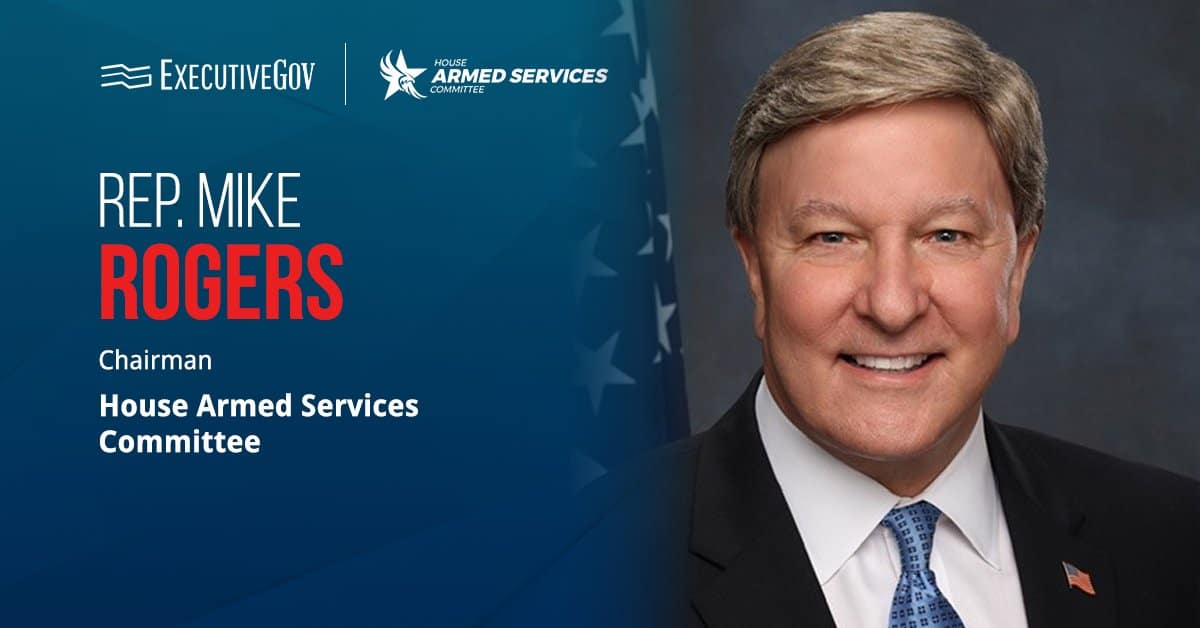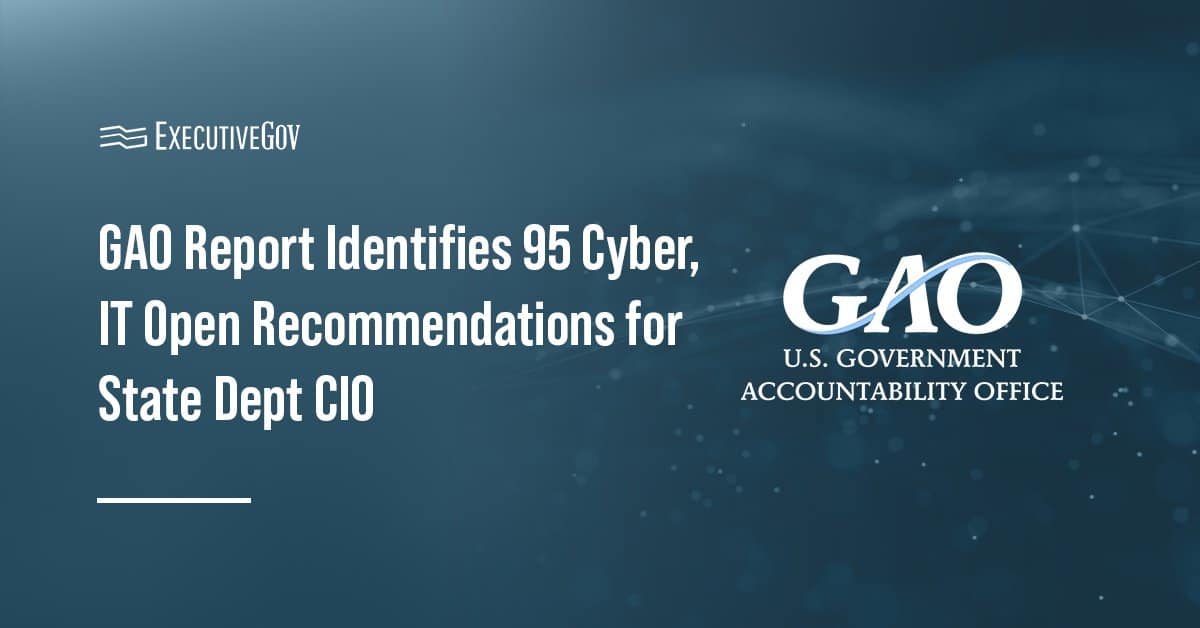Sean O’Donnell began his career in the U.S. Air Force, which laid a foundation for his move into the government contracting field. He now serves as senior cloud account executive at Oracle, and before joining the company, he held roles at VMware, Booz Allen Hamilton and Boeing.
O’Donnell recently participated in an interview with the Potomac Officers Club, in which he discussed his most valued leadership traits and shared his insights on innovation challenges that are often overlooked.
In this excerpt from the interview, O’Donnell offers a glimpse into his leadership style:
“I have a very open, candid personality and love being on winning teams – which don’t happen overnight and are not the result of a singular person. I am by no means an expert in everything, so I don’t try to get in the weeds and micro-manage everything. If I don’t understand something, I ask questions until I feel comfortable with the answers. I’d much rather get the experts together, provide the general direction for where we should go and allow broad leeway to get to the desired goal. If we need to course correct during the process, we can, but being a leader is about trusting your team and giving them the tools to be successful and accomplish the task at hand.”
To learn more about O’Donnell’s team-building strategy, read the full Executive Spotlight interview on the Potomac Officers website.
Do you want to participate in your own Executive Spotlight interview? This exciting opportunity to build your brand is available exclusively for Potomac Officers Club members. To browse our membership options and discover which package is right for you, click here.





